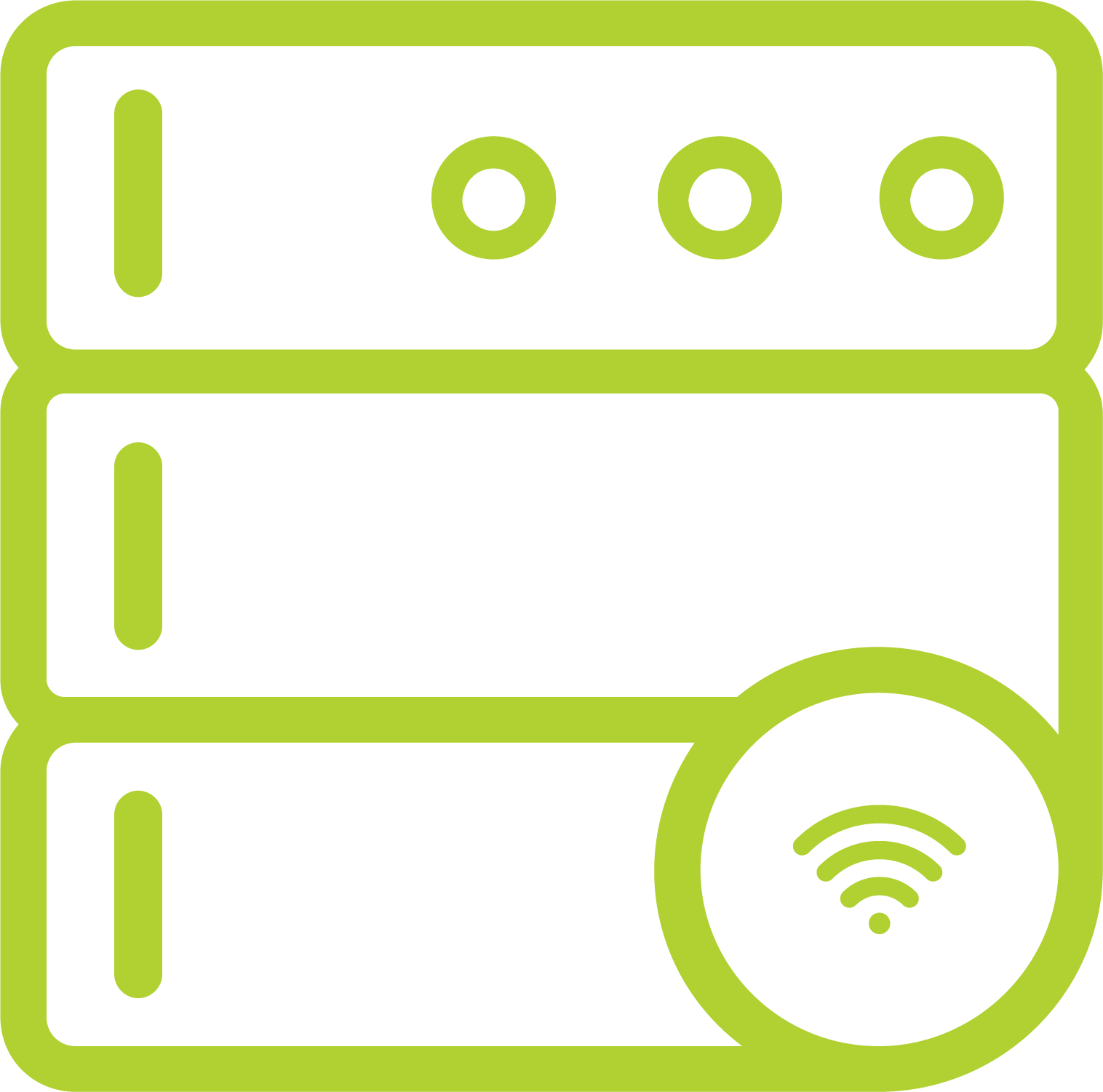Navigating the Complex Terrain of Compliance Standards for Network Protection in Multi-Dwelling Residences to Ensure Occupant Security and Data Safeguarding
Wiki Article
In today's world, numerous individuals live in multi-dwelling buildings, including apartment complexes and condo communities. These places frequently utilize shared networks for internet and additional amenities. While this setup can be beneficial, it also brings up important concerns about system security and compliance standards. Guaranteeing the security of tenants and protecting their data is essential. This article will explore the intricate environment of compliance standards for network safety in multi-unit units, emphasizing how these guidelines help keep tenants safe and secure.
A of the primary compliance guidelines that pertain to network safety is the EU Data Protection Act (GDPR). This regulation is designed to safeguard personal data and confidentiality for individuals within the EU Community. Although it mainly pertains to businesses functioning in Europe, its tenets can affect practices in different regions as well. For multi-unit units, complying to GDPR means implementing robust data safeguarding protocols. This includes making sure that residents' personal information is gathered, kept, and processed safely. By following these standards, building administrators can help establish trust with tenants and guarantee their data is protected from unauthorized intrusion.

Another important standard is the Healthcare Coverage Portability and Responsibility Law (HIPAA), which protects sensitive healthcare data in the healthcare sector. In multi-unit units, particularly those that provide medical assistance or have residents with specific medical requirements, compliance with HIPAA is essential. This means that any medical information collected from tenants must be kept private and protected. Building managers must ensure that their system infrastructures are designed to prevent data leaks and illicit access. By doing so, they not only adhere with regulatory obligations but also promote a safe residential space for all tenants.
In addition to GDPR and HIPAA, the Credit Card Payment Sector Data Security Guidelines (PCI DSS) is another critical regulatory guideline. This standard is particularly important for multi-dwelling buildings that accept debit card payments for lease or services. PCI DSS specifies security protocols that must be implemented to safeguard customer data. This includes encrypting confidential information and frequently reviewing network security. By following PCI DSS standards, building administrators can reduce the risk of information leaks and safeguard residents' financial information, which is vital for upholding their confidence and security.
Finally, it is essential for multi-dwelling units to stay informed on local and national laws regarding system safety. Regulations and standards can change, and remaining informed is crucial for compliance. Property managers should regularly assess their security protocols and practices to ensure they comply with current requirements. This proactive strategy not only assists in maintaining compliance but also enhances the overall security of the network. By prioritizing tenant safety and data protection, multi-dwelling buildings can establish a safe residential environment that fosters trust and peace of mind among look these up residents.
To summarize, traversing the intricate landscape of regulatory guidelines for network safety in multi-unit buildings is crucial for ensuring resident security and information safeguarding. By understanding and implementing guidelines like GDPR, HIPAA, and PCI DSS, property managers can establish a safe space for their tenants. Remaining updated about regional laws and frequently assessing safety practices further improves this dedication to security. In the end, a strong emphasis on adherence not only safeguards tenants but also fosters a feeling of belonging and confidence among multi-unit buildings.